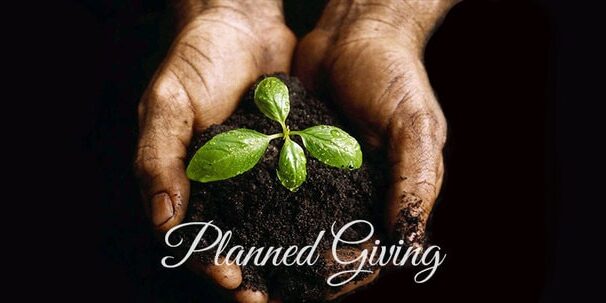Imagery, metaphor and God as Father

God has been depicted as Father often throughout the centuries. Here Providence Associate the Rev. William Seth Adams, Ph.D., reflects on the metaphor behind the imagery.
Each of us has been fathered and that fact is where I begin. My father left my mother, my brothers and me when I was 15. I was the eldest. My parents divorced sometime after that, Mother raising us three on her own. My father died shortly before my 51st birthday, not well known to me and not a particularly happy or useful instance of fatherhood.
I have been an Episcopalian all my life and from my earliest times, I have prayed “Our Father.” When I was in counseling during the unraveling of my first marriage, I discovered that the line spoken by the prodigal son had a remarkable and completely surprising edge for me, “I will arise and go to my father.”
My biblical and popular mind is animated by people like Abraham, Joseph, “Father Knows Best,” Bill Cosby, The Simpsons, Lord Grantham. I am an Episcopal priest for countless years, and some have been tempted to call me “Father.” As a seminary professor for nearly 40 years, I have had countless conversations, to no satisfactory conclusion, about male language and imagery for God. I am the father of two sons and the grandfather of two granddaughters. I am also father-in-law to one daughter-in-law. I have served in congregations where absent fathers, either occasionally so or continuously so, were fairly common. I have also known fathers who were the sole parent, tending however many children on his own. And surely and mostly I have known fathers who were faithful partners to mothers and children.
What would serve as sustenance for Father’s Day? One must begin with biology, of course, but move from there rather quickly. Metaphor is a better place to look. What guides and enlightens us about fatherhood is not so much paternity but what rightly follows after — nurture, constancy, provision, counsel, example, direction, companionship. Our use of “Father” language for God is surely rooted in this cluster and not in any biological factor. It is our experience and the experience of the Church that the nurture of God, the constancy, provision and counsel of God, the example, direction and companionship of God — this is the content of God’s “fatherhood.”
Jesus taught us to pray, “Our Father.” On Father’s Day and every Sunday, we make this prayer our own, each and all. The metaphor may be well supported by our own experience, our own father, or it may not. In human terms, fatherhood, like motherhood, has various qualities in the lives of children, and both motherhood and fatherhood would therefore be subject to mixed reviews. Thus, human experience may not be the best reference point. This is where the realm of metaphor is so helpful and reassuring. If we choose to call God’s constancy, nurture, provision, counsel, example, direction and companionship “fatherhood,” well and good. In the world of metaphor, we are on solid ground, and well taught about the person and character of God. This really is how God is.



I so enjoyed your blog, Bill. Thank you for stressing metaphor and not so much biology. Interestingly enough, I am making a retreat next week, the theme of which is “Our Father.” Your blog was perfect timing and I shall share it with others making the retreat.
Happy Father’s Day!
Ann Casper, SP
Thanks, Bill, I found your reflection very helpful. I think it will make my praying of the Our Father much more meaningful! Happy Father’s Day to you.
Dawn, SP
Hello Bill !
I remember you from the Vancouver School of Theology . I am sorry that you had a marriage end with divorce but am happy that you have been blessed with a happy second marriage . In case you do do not remember me at VST ,I was in the second liturgy course about Reformed liturgies . You saw all my books written by Morton Kelsey and asked me “are you a Kelsean ?”.